Recent Posts
Marc and daughter, Rachel Urbach invite you and your family to partner with We The Kids and take the Pledge challenge
We The Kids invites you and your family to partner with We The Kids and take the We […]
The Benevolent Lawgiver Who Made Religious Freedom The Basis Of The State – By Daniel Sheridan
#OTD, June 20, 1632, one of the wisest and benevolent lawgivers of all ages is given rights to land near the Chesapeake Bay; then, one […]
The Founding Fathers’ Happy Father’s Day – by Marc Urbach
Published by Teacher and Author Marc Urbach
Just a bunch of young to middle-aged, Christian men changed the world forever.  The Founding Fathers
Happy Father’s Day!
Why and […]
Happy #FlagDay! Do you know the story behind the flag? By Daniel Sheridan
The Story of the First Stars and Stripes – By Daniel Sheridan
#OTD, June 14, 1777, the Continental Congress authorized the “stars and stripes†flag for […]
June 12, 1776, the Virginia Constitutional Convention approves George Mason’s Bill of Rights. Why should we care? by Daniel Sheridan

June 12, 1776, the Virginia Constitutional Convention approves George Mason’s Bill of […]
June 5, 1944, General Eisenhower, having decided to launch Operation by Daniel Sheridan

June 5, 1944, General Eisenhower, having decided to launch Operation Overlord, sent a message to […] June 5, 1944, General Eisenhower, having decided to launch Operation Overlord, sent a message to […]

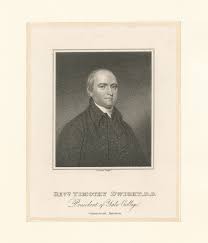


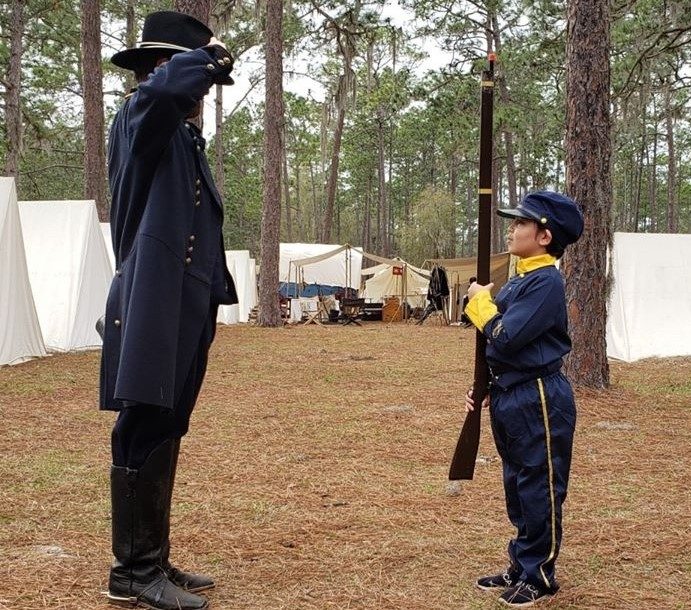



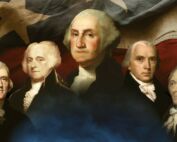
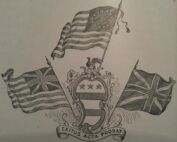
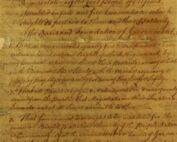
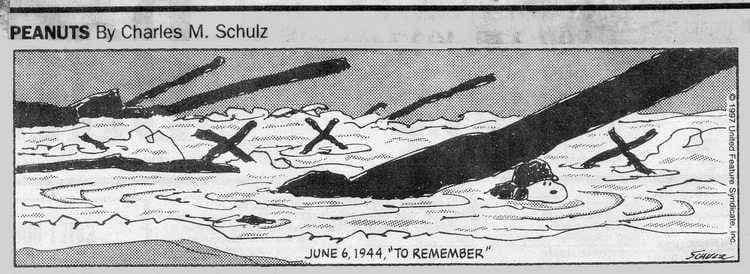
Great article!
A truly American story woven with facts and acknowledgement of our early American citizens’ and Founding Fathers’ belief in and reverence for our one and only God. I’m so thankful to know that our real and true history is still being written and taught. Don’t let your kids miss out!
Thank you for sharing this beautiful story of Dwight’s life, his love and commitment to the building of our Lord’s Kingdom in the midst of the pressures of his day. We are to go and do likewise. Susan, your prayers for revival will be answered and we will see the Glory of the Lord poured out in this season. The enduring faith seen in Jonathan Edwards, his grandson Timothy, other men and women throughout His-story, is the cornerstone of this next Great Awakening! . Thank you again and many Blessings on WTK!